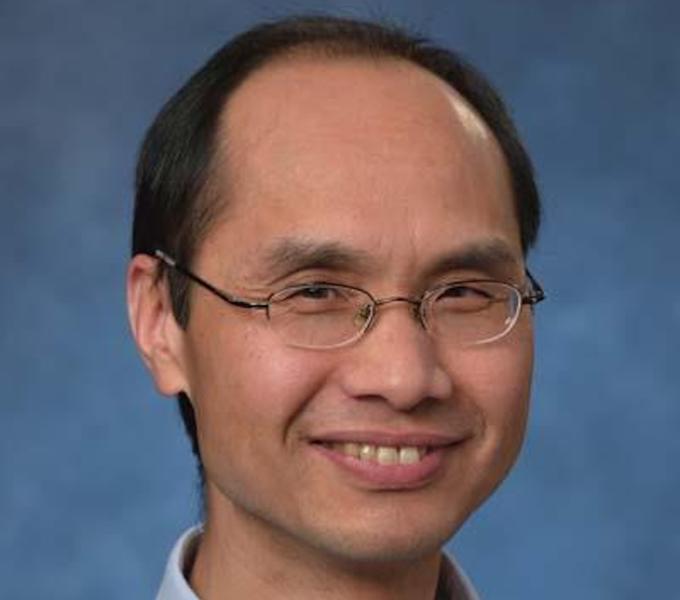Dr. Susheng Tan is currently a Research Associate Professor at the Department of Electrical and Computer Engineering (ECE) with the role of Executive Microscopy Specialist of the Nanoscale Fabrication and Characterization Facility (NFCF) of the Gertrude E. and John M. Petersen Institute of Nanoscience and Engineering (PINSE) in the University of Pittsburgh. He received his M.S. in 1994 and Ph.D. in 1999 from the Changchun Institute of Applied Chemistry, Chinese Academy of Sciences, and his B.S. in 1987 from Jiangxi Normal University, China. From 1999, Dr. Tan spent three years conducting postdoctoral research on nanomechanics and nanotribology of soft materials by scanning probe microscopy in the University of Minnesota. In 2002 he took a Laboratory Manager position in Oklahoma State University overseeing the operations of its Scanning Probe Microscopy Lab and the OSU Microscopy Lab as a Materials Microscopist. Dr. Tan joined ECE in 2009 with primary role of steering the operations of NFCF.
Dr. Tan’s research interest is in the interdisciplinary field of nanostructured materials, especially with focus on the development and application of advanced microscopic and spectroscopic techniques in the characterization of soft and solid-state materials and devices, especially at the nano- and atomic-scale. The goal is to help build energy-efficient sustainable materials and devices by understanding the structure-property relationship of those nanostructured materials using transmission electron microscopy (TEM), scanning electron microscopy (SEM), X-ray diffraction (XRD), FT-IR and Raman spectroscopy, energy dispersive spectroscopy (EDS), electron energy loss spectroscopy (EELS), wavelength dispersive spectroscopy(WDS), X-ray photoelectron spectroscopy (XPS), scanning probe microscopy (SPM/AFM), nanoindentation, etc. He has developed and implemented approaches to studying a broad range of materials systems such as polymers, metal and metal alloys, ceramics, battery electrode materials, superconducting thin films, quantum materials, and semiconductor nanowires. He looks into opportunities to extend his research to space-related field, such as studying astromaterials, space-radiation effects on structural and functional materials and semiconductor devices. Dr. Tan has (co)authored over 100 publications in peer-reviewed journals. He often presented his research at national scientific conferences and universities.

